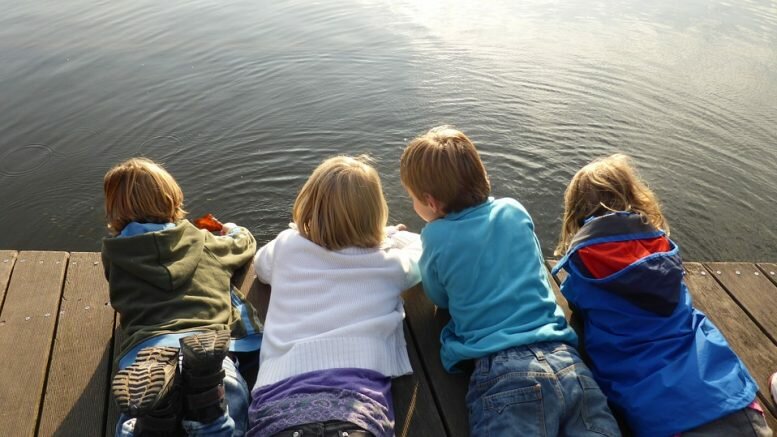Fears mass closure of small kindergartens
One of four small kindergartens is at risk of being shut down when requirements for workers are introduced this autumn. Diversity is threatened, says The Association of Private Kindergartens (Private Barnehager Landsforbund).
One of four small kindergartens believes there is no basis for further operation due to altered requirements for staffing in day care centres, according to a survey conducted by Private Barnehagers Landsforbund (PLB).
In the PBL study, 768 kindergartens have answered questions about the consequences of an increased pedagogue norm and expected increased staffing requirement.
– The study shows that it is completely irresponsible by the Parliament to introduce a staffing standard without the consequences being evaluated and without sufficient and predictable funding being in place. As of today, this is completely unclear, says CEO in PBL, Arild M. Olsen, to NTB.
– We want a whole new provision that ensures that all children get enough staff around them and the follow-up they need. The staffing standard has been announced for a long time, replies Cabinet Minister Jan Tore Sanner (Conservatives).
More adults and pedagogues
The sharpened pedagogy mandate will enter into force on 1 August and will require at least one pedagogue per seven children under three years, and at least one per 14 children over three years old. Today, a pedagogue can be responsible for seven to nine children under three years, or between 14 to 18 older children.
– Today there are big differences in quality between kindergartens, and we do not achieve smaller differences without making national demands, Sanner stresses, pointing out that since 2016 the Government has secured private kindergartens the same economic conditions as those owned by the municipalities.
– We have also granted NOK 420 million to better pedagogics in 2018, says the Minister for local Governance.
Additionally the Government has promised a staffing standard to increase the number of adults in Norwegian day care centres. The norm means that there should be a maximum of three children under three years old per adult and a maximum of six children over three years of age per adult. Today there is no national standard for how many employees there should be in Norwegian kindergartens.
Afraid for diversity
According to the PLB survey, the situation is most demanding for small kindergartens that are not part of a group of companies:
12 per cent of them believe there is no basis for further operations, compared with 8 per cent of kindergartens that are part of a group.
A total of 25 per cent of day care centres with less than five man-years believe there will not be grounds for further operation, while 44 per cent state that they are uncertain. Only 7 per cent of kindergartens with more than 20 full-time positions say the same.
Olsen says he is afraid of the diversity in the day care sector and believes that the requirements will affect many small kindergartens, such as farmyard nurseries, sports, nature and culture kindergartens.
KrF: – Do not Blame the norm
Labours spokesperson for education, Martin Henriksen, asks the Government to take the small and ideal day care centres more seriously.
– The Government parties have repeatedly dimissed the Labours’ proposal for a plan for the introduction of a manning standard, now we see the consequences. The Government’s policy reinforces the development where the small and ideal kindergartens have to close, while commercial companies are ready to take over, says Henriksen.
Hans Fr. Grøvan (Christian Democrats), agrees that there is a need for a reorganization of the funding system to ensure a predictable economy for small and ideal kindergartens, but strongly disagrees with the staffing standards that are causing the closures.
– More adults and pedagogues in kindergartens are important to our children, and we should all be concerned about that, says Grøvan.
© NTB Scanpix / Norway Today





